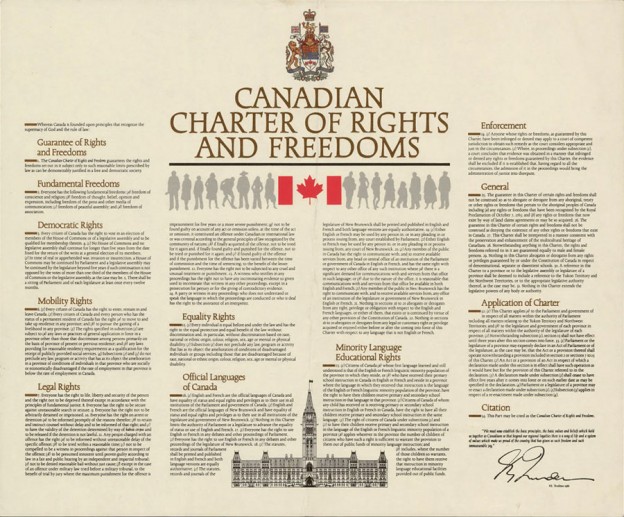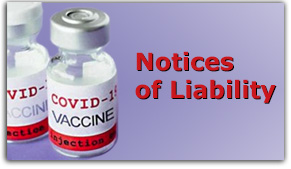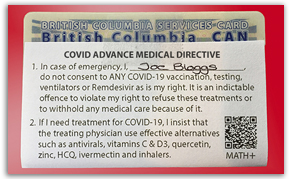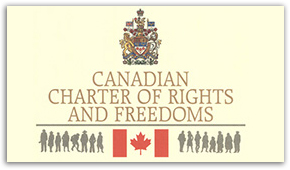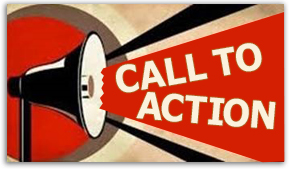The Charter vs the Bill of Rights
Canadian Rights & Freedoms
Print PDF
Also See: In Depth Charter-law Resource
The Federal Emergency Act preamble states clearly that emergency orders cannot, and do not, supersede the Charter of Rights and Freedoms and the Canadian Bill of Rights:
AND WHEREAS the Governor in Council, in taking such special temporary measures, would be subject to the Canadian Charter of Rights and Freedoms and the Canadian Bill of Rights and must have regard to the International Covenant on Civil and Political Rights, particularly with respect to those fundamental rights that are not to be limited or abridged even in a national emergency;
All Statutes, by-laws, and Acts must be consistent with the Constitution…or they are of no force or effect.
Section 52(1) of the Constitution Act, 1982: The Constitution of Canada is the supreme law of Canada, and any law that is inconsistent with the provisions of the Constitution is, to the extent of the inconsistency, of no force or effect.
According to the Public Health Agency of Canada:
“Vaccines are not mandatory in Canada and they cannot be made mandatory because of the Canadian Constitution.”
Charter of Rights and Freedoms
Everyone has the following fundamental freedoms, Section 2:
(a) freedom of conscience and religion;
(b) freedom of thought, belief, opinion and expression, including freedom of the press and other media of communication;
(c) freedom of peaceful assembly; and
(d) freedom of association.
Everyone has the right to life, liberty, and security of the person and the right to not be deprived thereof except in accordance with the principles of fundamental justice.
Everyone has the right to be secure against unreasonable search and seizure.
Everyone has the right not to be arbitrarily detained or imprisoned.
15 (1) Every individual is equal before and under the law and has the right to the equal protection and equal benefit of the law without discrimination and, in particular, without discrimination based on race, national or ethnic origin, colour, religion, sex, age or mental or physical disability.
Bill of Rights
It is hereby recognized and declared that in Canada there have existed and shall continue to exist without discrimination by reason of race, national origin, colour, religion or sex, the following human rights and fundamental freedoms, namely;
(a) the right of the individual to life, liberty, security of the person and enjoyment of property, and the right not to be deprived thereof except by due process of law;
(b) the right of the individual to equality before the law and the protection of the law;
(c) freedom of religion;
(d) freedom of speech;
(e) freedom of assembly and association; and
(f) freedom of the press.
Canadian Human Rights Act
Denial of commercial premises or residential accommodation
6 It is a discriminatory practice in the provision of commercial premises or residential accommodation
(a) to deny occupancy of such premises or accommodation to any individual, or
(b) to differentiate adversely in relation to any individual, on a prohibited ground of discrimination.
Federal Privacy Act: Nobody has the right to request to see an exemption. It is a violation of your privacy rights under the Privacy Act. This is your personal medical information between you and your physician.
Pursuant to s. 1 of the Privacy Act of B.C., RSBC 1996 CHAPTER 373, it is unlawful to violate the privacy of another person. Private health issues are strictly between an individual and their physician. There is no legal or any other obligation at law requiring anyone to divulge the nature of thier medical conditions with anyone.
What is personal information under the Privacy Act? Click Here Privacy Act
“The Privacy Act offers protections for personal information, which it defines as any recorded information “about an identifiable individual.”
The Nuremberg Code Click Here
“The voluntary consent of the human subject is absolutely essential.”
BC Public Health Act states a person has the ability to make health decisions and to decline medical treatments. Masks are PPE and therefore medical treatment
Part 3 — Preventing Disease and Other Health Hazards
Division 1 — Preventing Disease and Other Health Hazards
Must not cause health hazard
15 A person must not willingly cause a health hazard, or act in a manner that the person knows, or ought to know, will cause a health hazard.
Preventive measures
16 (1) Preventive measures include the following:
(a) being treated or vaccinated;
(c) washing with, applying or ingesting a substance, or having a substance injected or inserted;
(d) undergoing disinfection and decontamination measures;
(e) wearing a type of clothing or other personal protective equipment, or changing, removing or altering clothing or personal protective equipment;
(4) A person subject to a regulation requiring preventive measures may, if permitted by the regulation, make an objection to a medical health officer, either in person or in the prescribed manner, stating that the person
(a) believes that the preventive measures would be harmful to his or her health,or
(b) objects to the preventive measures for reasons of conscience.
(6) A person who has made an objection must not
(a) be required to take the preventive measures
B.C. Human Rights Act
Discrimination in accommodation, service, and facility
8 (1) A person must not, without a bona fide and reasonable justification,
(a) deny to a person or class of persons any accommodation, service or
facility customarily available to the public, or
(b) discriminate against a person or class of persons regarding any accommodation, service or facility customarily available to the public because of the race, colour, ancestry, place of origin, religion, marital status,family status, physical or mental disability, sex, sexual orientation or age of that person or class of persons.
BC Emergency Program Act M012, January 8, 2021
https://www.bclaws.gov.bc.ca/civix/document/id/mo/mo/m0012_2021
Exemption from use of face covering
4 Section 3 does not apply as follows:
(a) to a person who is less than 12 years ofage;
(b) to a person who is unable to wear a face covering because of
(i) a psychological, behavioural or health condition, or
(ii) a physical, cognitive or mental impairment;
(c) to a person who is unable to put on or remove a face covering without the assistance of another person;
(d) if the face covering is removed temporarily for the purposes of identifying the person wearing it;
(e) while inside a courtroom;
(f) while consuming food or beverage at a location designated for those purposes by the operator of the indoor public space;
(g) while participating in a sport or fitness activity at a sport or fitness facility;
(h) while receiving a personal service, or a service at a health professional ‘s office, if removing the face covering is necessary in order to receive the service;
(i) while inside a vehicle on a ferry;
(j) while communicating with a person who has a hearing impairment.
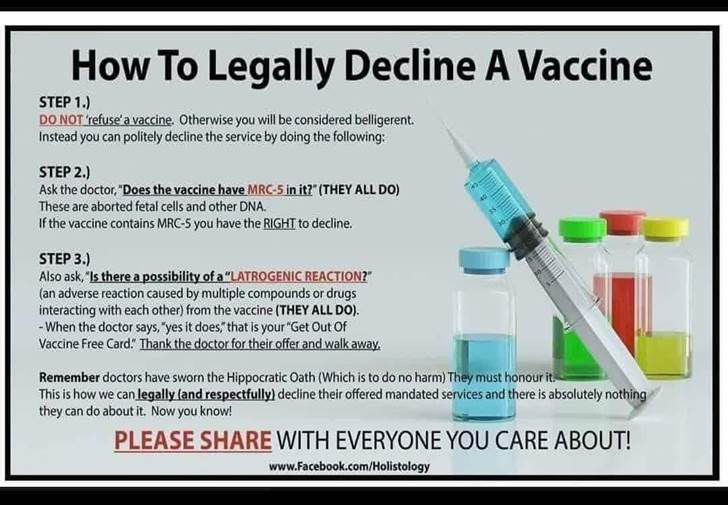
File a Complaint Against Law Enforcement:
https://action4canada.com/filing-a-complaint-law-enforcement/
Disclaimer: This information is not intended to be used as legal or health advice. We encourage you to do your own research.
ALL RIGHTS RESERVED ACTION4CANADA INC.

